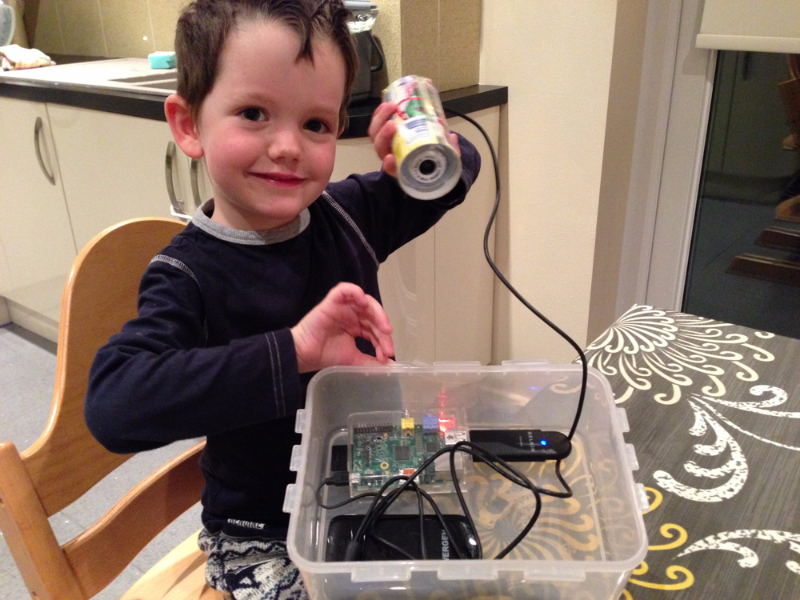 “These devices are only going to get smaller and more powerful” say Om Malik of Fast Company. You can buy a Raspberry Pi with a 700MHz processor and 256 MB of memory for about $25. In 2001, a Mac with 450 MHz and 64MB of RAM cost $1,800.” Apple dominates the personal and mobile computer world today but there is a downstream industry disruption that has the potential to upset tomorrow’s applecart. Little machines with a big future are being sold to Generation Z school kids and the trend give us insight into who and what will be the dominant players of the next decade.
“These devices are only going to get smaller and more powerful” say Om Malik of Fast Company. You can buy a Raspberry Pi with a 700MHz processor and 256 MB of memory for about $25. In 2001, a Mac with 450 MHz and 64MB of RAM cost $1,800.” Apple dominates the personal and mobile computer world today but there is a downstream industry disruption that has the potential to upset tomorrow’s applecart. Little machines with a big future are being sold to Generation Z school kids and the trend give us insight into who and what will be the dominant players of the next decade.
We need to accept that all the computer components that would normally fit neatly into a computer or laptop are being reconfigured so that they are embedded everywhere. In the future we will reconnect them in new and remarkable ways. “It is as if someone scattered and mixed together a few boxes of Legos and the old rules don’t apply,” says Malik.
Two companies at the vanguard of this disruption are London and Italian start-ups Kano and Arduino.
Using classic downstream disruption strategies, these innovators are avoiding the more competitive markets that Apple, Google, Samsung, Sony and Microsoft compete for. By targeting young school kids they are creating a generation of makers and coders who are learning code and connecting a world of objects. Various studies predict that by 2020, fifty billion things will be connected to the Internet. Gen Z is going to think nothing of reshuffling the established deck of cards and use Wi-Fi connected servers, smaller than the size of a credit card, to run their entire house and even their entire lives.
The genius of these disruptors is in their plug in, code and play model. Kano’s Raspberry Pi models itself on the Lego model: attach the Raspberry Pi’s brain into range of components; link them to household objects, code and play.
By targeting customers downstream from the bigger players Kano and the likes of Ardunio are going to build a loyal base of consumers who are adept at creating their own solutions and building the ‘computer of the future’ into the fabric of the everyday objects they touch. The theory of disruption tells us that as these markets grow and gain momentum Kano will move upstream and dominate the new world of computing. Well that’s what history tells us, and history has a knack of repeating itself. Apple you have been warned, Kano is creating a new breed of consumers and a new market.


